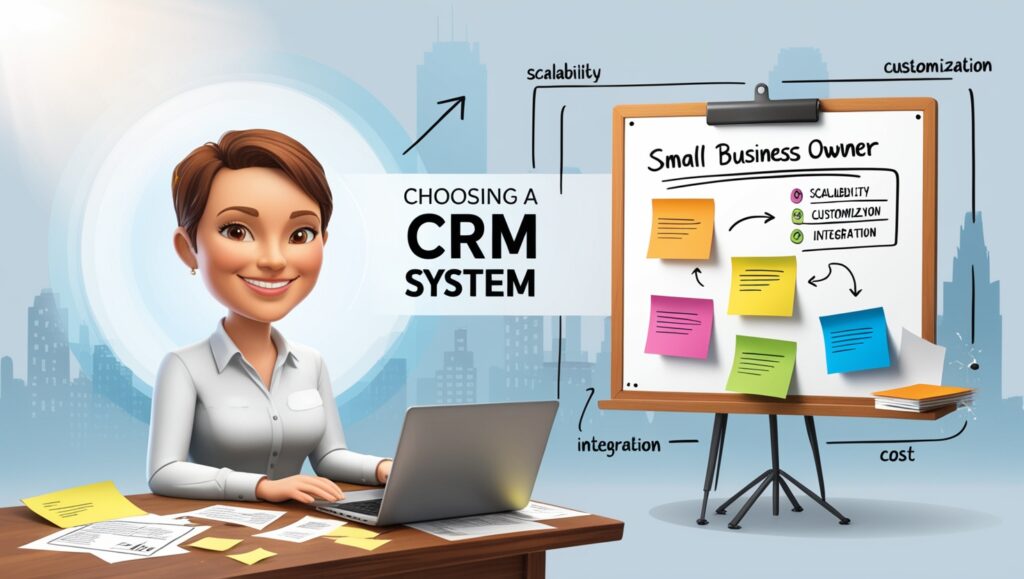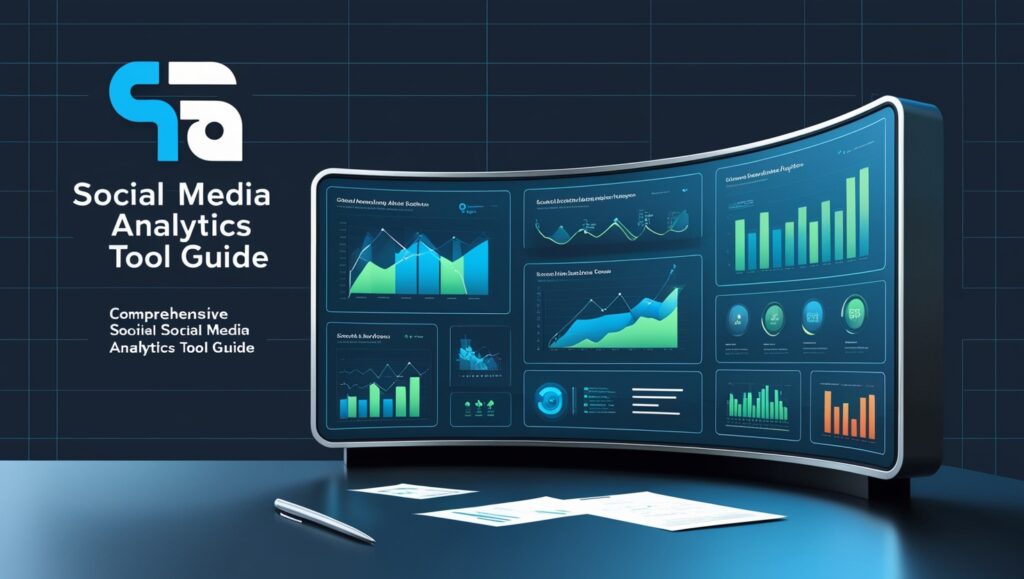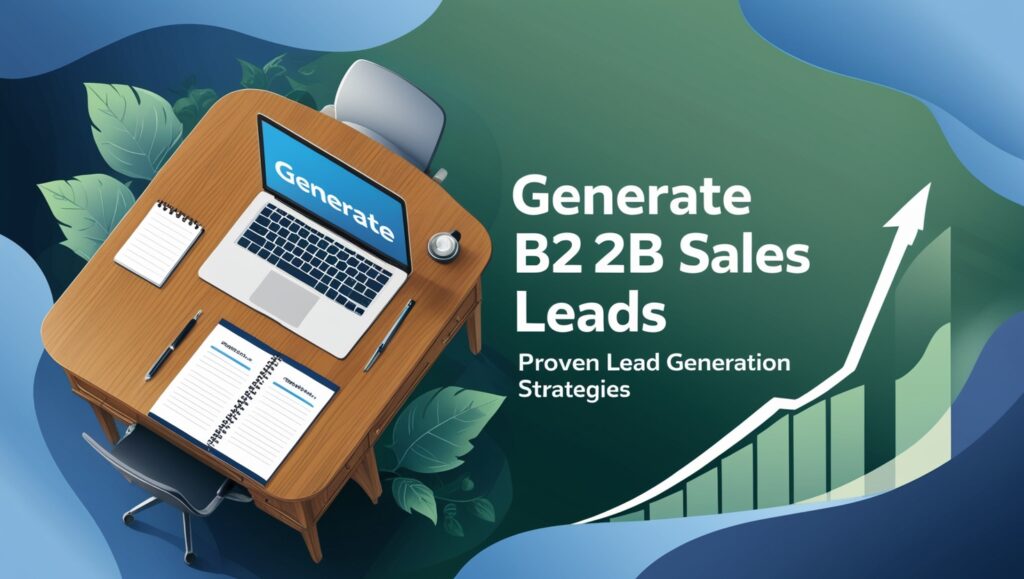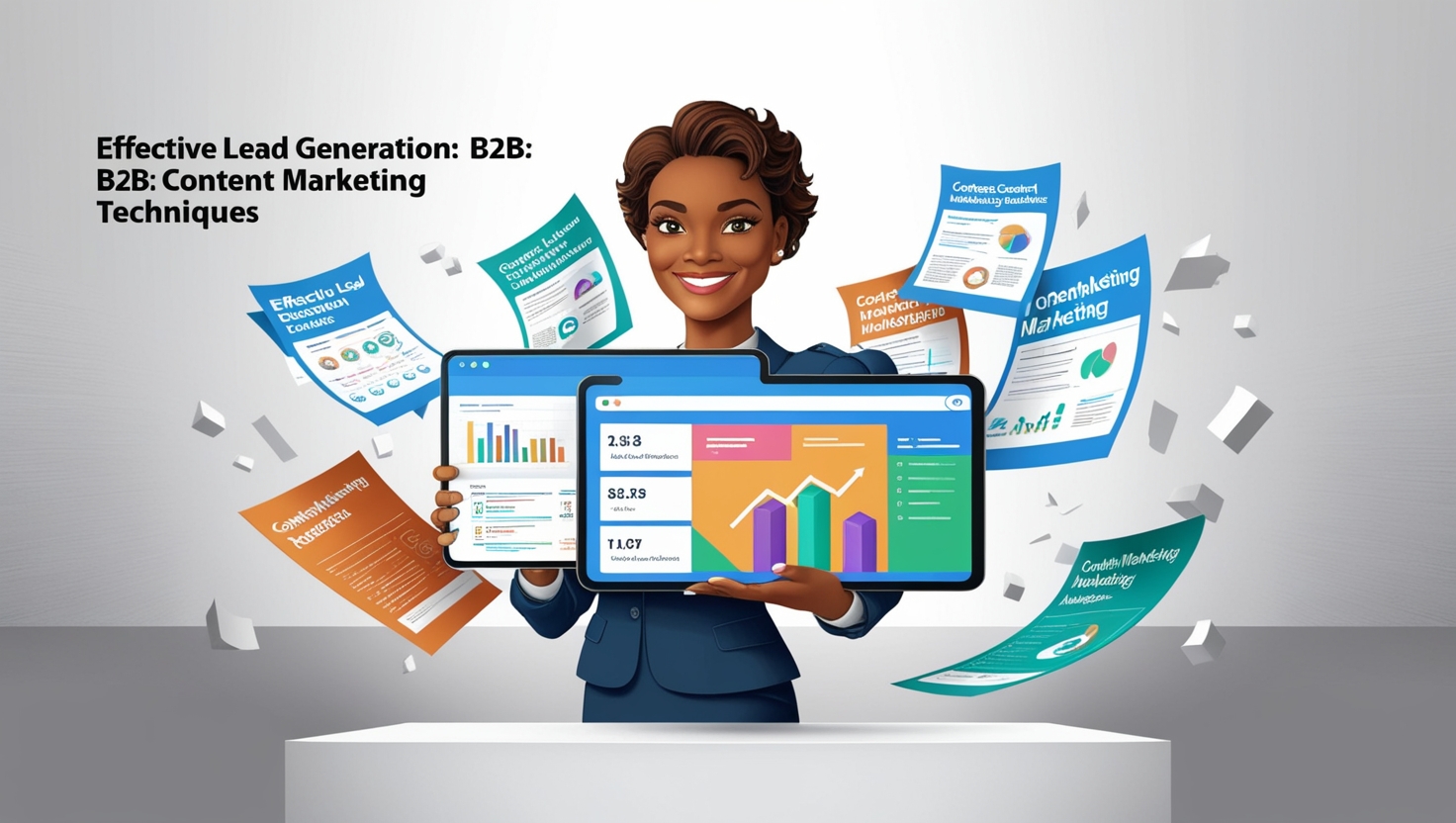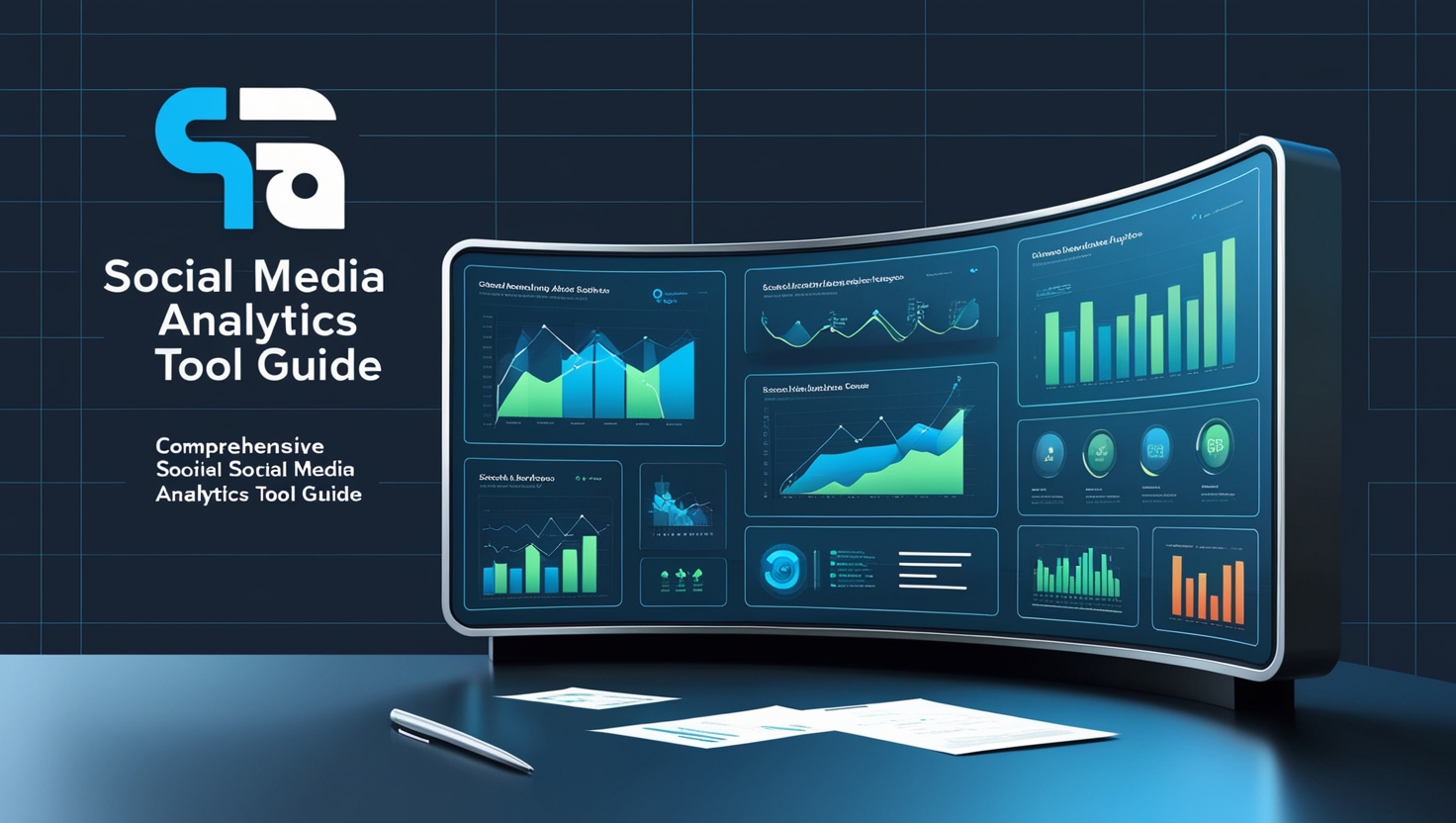Choosing the right CRM System For Small Business is vital for growth. Create a checklist based on your goals, considering user numbers, contact management features, and deployment type (cloud or mobile). Look for CRM System For Small Business that automate sales and marketing, provide insights into customer interactions, and integrate with accounting software. A user-friendly dashboard is essential for managing your sales pipeline. Research popular CRM solutions and seek advice to find the best fit. The right CRM will streamline processes and support your business decisions, whether it’s an AI-powered system or a traditional sales CRM.
What is the Best CRM for Small Business?
Choosing the best CRM System For Small Business requires evaluating systems that meet your unique needs. Consider features, functionality, and cost. Many platforms offer trials to assess performance.When picking a CRM, consider modern CRM systems that provide a balance between functionality and cost. An expensive CRM might not be the best choice for your business, so make a list of essential features you require. CRM evaluation is crucial to ensure the CRM of choice aligns with your goals.
Choose the Right CRM Software
Choosing the right CRM software is vital for effective Management. Evaluate options to find a solution tailored to your business needs, whether it’s a simple CRM or a comprehensive suite that aligns with your goals.
Best CRM Features for Small Businesses
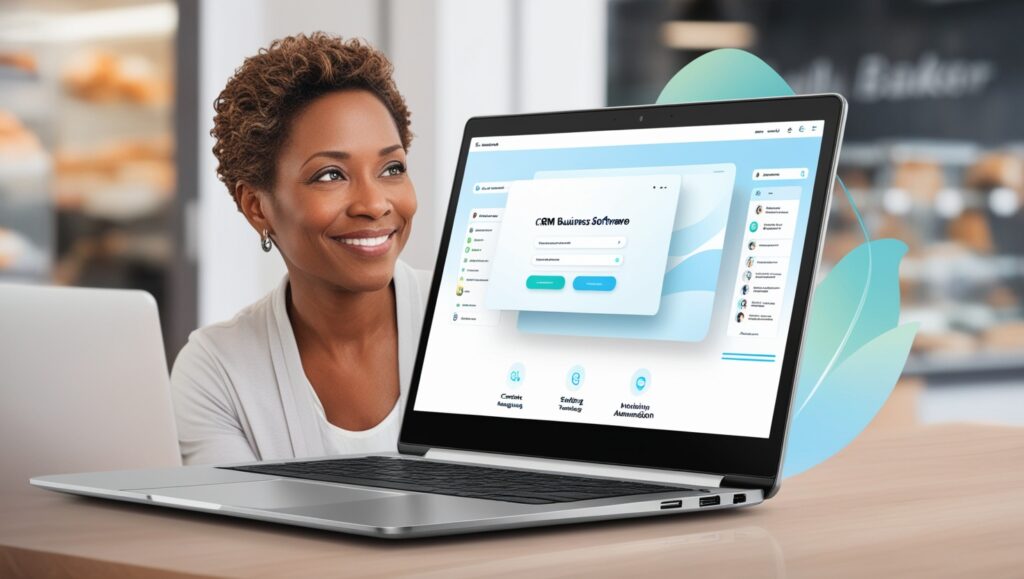
- Contact Management: Essential for efficiently tracking customer interactions and information.
- Sales Automation: Streamlines processes, allowing teams to focus on closing deals instead of manual tasks.
- Reporting and Analytics: Provides valuable insights into customer behavior and sales performance for strategic decision-making.
- Integration Capabilities: Allows seamless connectivity with other tools, enhancing overall productivity and workflow.
Evaluate CRM Solutions for Your Business
- Identify Needs: Determine specific requirements, such as sales tracking or customer support features.
- Compare Platforms: Evaluate options based on cost, usability, and integration capabilities.
- Trial Versions: Consider using trial versions to assess functionality and user experience.
- Gather Feedback: Collect input from your team to ensure alignment with business goals and improvement in overall efficiency.
How Can a CRM Help Your Business Grow?
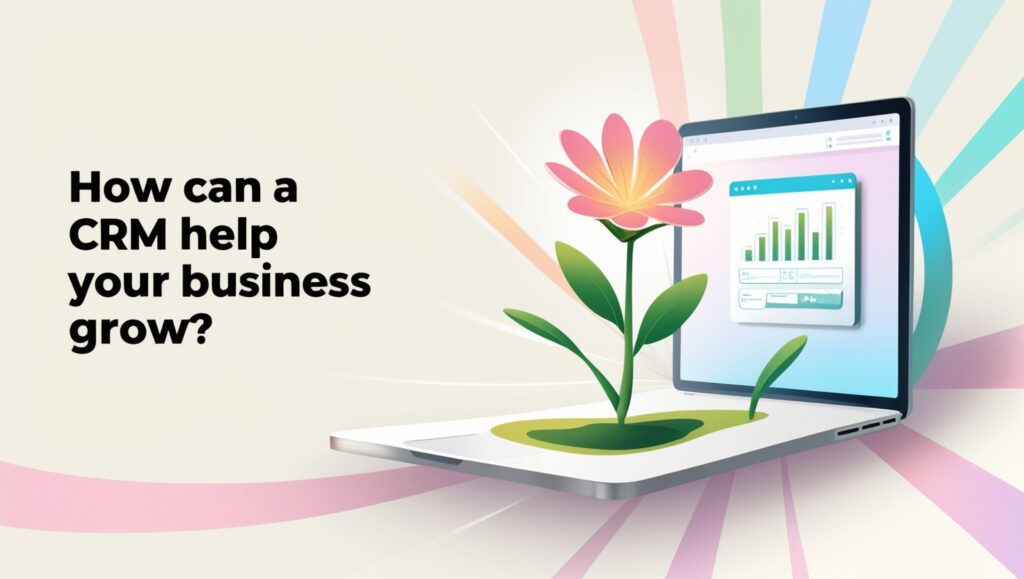
A CRM system enhances business growth by streamlining customer interactions, centralizing data, and enabling personalized marketing. Analytics provide insights into customer behavior, improving engagement, retention, sales, and brand loyalty.
Benefits of Using a CRM Tool
| Benefit | Description |
|---|---|
| Centralized Data | Enhances customer relationships by tracking interactions and preferences effectively. |
| Streamlined Communication | Ensures efficient team collaboration and prompt responses to customer inquiries. |
| Valuable Insights | Provides analytics to identify trends and improve decision-making. |
| Customer Loyalty | Fosters loyalty and drives sales growth through enhanced customer engagement. |
Advanced Impact of CRM on Business Operations Techniques
- Data Centralization: Consolidates customer data, ensuring easy access and better management of interactions.
- Sales Automation: Streamlines tasks like lead tracking and follow-ups, increasing efficiency.
- Personalized Marketing: Enables targeted campaigns based on customer preferences and behaviors.
- Analytics & Reporting: Provides actionable insights to optimize business strategies and improve decision-making.
- Customer Retention Strategies: Identifies at-risk customers and automates retention efforts.
- Integration Capabilities: Connects with other tools like accounting and e-commerce systems for seamless workflows.
- Mobile CRM Access: Allows teams to manage operations remotely, enhancing flexibility and response times.
How to Get Started with a CRM?
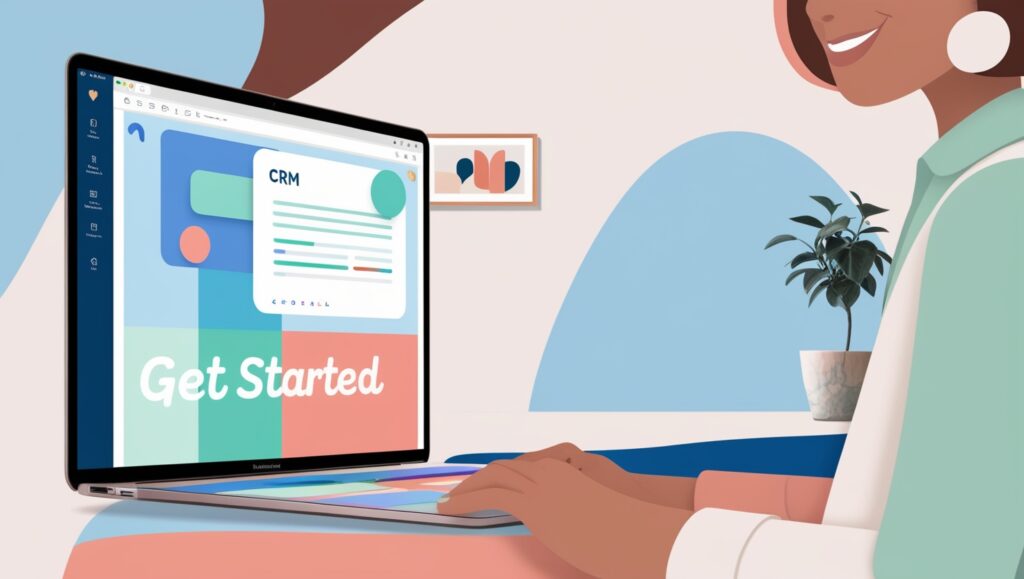
To start with a CRM, identify your business needs and objectives to select the right software. Import and organize customer data for easy access. Train your team on key features to boost productivity and improve customer relationships.
Different Types of CRM Available
| CRM Type | Description | Use Case |
|---|---|---|
| Operational CRM | Focuses on automating sales, marketing, and service processes. | Streamlining day-to-day operations and workflows. |
| Analytical CRM | Provides insights through data analysis and reporting tools. | Improving decision-making and customer strategies. |
| Collaborative CRM | Enhances communication between teams and external stakeholders. | Facilitating cross-department collaboration. |
| Strategic CRM | Focuses on long-term customer relationship management. | Building loyalty and aligning customer strategies. |
| Campaign Management CRM | Specializes in managing and optimizing marketing campaigns. | Targeting customers with personalized offers. |
| Social CRM | Integrates social media platforms for customer engagement. | Managing customer interactions on social channels. |
In Summary
Choosing the right CRM System for small businesses is crucial for growth. Focus on features like contact management, sales automation, reporting, and integration with tools like accounting software. A user-friendly dashboard and mobile access can streamline operations. Evaluate platforms based on your goals, budget, and team needs—trial versions help with decision-making. A good CRM enhances communication, centralizes data, and boosts customer engagement and loyalty.
In Conclusion
In conclusion, choosing the right CRM System for Small Business is key to driving growth and efficiency. By aligning features with your goals, utilizing automation, and integrating essential tools, you can streamline processes and boost productivity. Whether it’s a simple or advanced solution, the right CRM will enhance customer relationships, improve decision-making, and support long-term success.

